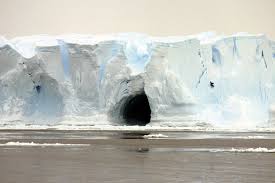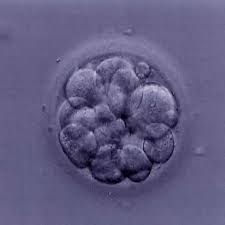 The site, known simply as Ridge A, is nearly 14,000 metres high and is located deep within the Antarctic Plateau. It has an average winter temperature of minus 94 degrees Fahrenheit (minus 70 degrees Celsius) and is so remote that it is thought that no human has ever set foot there.
The site, known simply as Ridge A, is nearly 14,000 metres high and is located deep within the Antarctic Plateau. It has an average winter temperature of minus 94 degrees Fahrenheit (minus 70 degrees Celsius) and is so remote that it is thought that no human has ever set foot there.A team of American and Australian scientists identified Ridge A from satellite imagery and climate models during an exhaustive search for the best observatory site in the world.
More...

 Science Glance
Science Glance As the palette of artificial sweeteners has grown and manufacturers have honed the skill with which they blend them to mimic sugar taste, debate has swirled around whether these sensory stand-ins really help people consume fewer calories and avoid weight gain.
As the palette of artificial sweeteners has grown and manufacturers have honed the skill with which they blend them to mimic sugar taste, debate has swirled around whether these sensory stand-ins really help people consume fewer calories and avoid weight gain. The detailed chemical structure of a single molecule has been imaged for the first time, say researchers.
The detailed chemical structure of a single molecule has been imaged for the first time, say researchers. Scientists in Israel have demonstrated that it is possible to fabricate DNA evidence, undermining the credibility of what has been considered the gold standard of proof in criminal cases.
Scientists in Israel have demonstrated that it is possible to fabricate DNA evidence, undermining the credibility of what has been considered the gold standard of proof in criminal cases. It might not be long until there is a gene scanner in every doctor's office, as DNA sequencing becomes faster and cheaper.
It might not be long until there is a gene scanner in every doctor's office, as DNA sequencing becomes faster and cheaper. Two groups of Chinese researchers have performed an unprecedented feat, it was announced today, by inducing cells from connective tissue in mice to revert back to their embryonic state and producing living mice from them.
Two groups of Chinese researchers have performed an unprecedented feat, it was announced today, by inducing cells from connective tissue in mice to revert back to their embryonic state and producing living mice from them. A detailed, functional artificial human brain can be built within the next 10 years, a leading scientist has claimed. Henry Markram, director of the Blue Brain Project, has already simulated elements of a rat brain.
A detailed, functional artificial human brain can be built within the next 10 years, a leading scientist has claimed. Henry Markram, director of the Blue Brain Project, has already simulated elements of a rat brain.






























